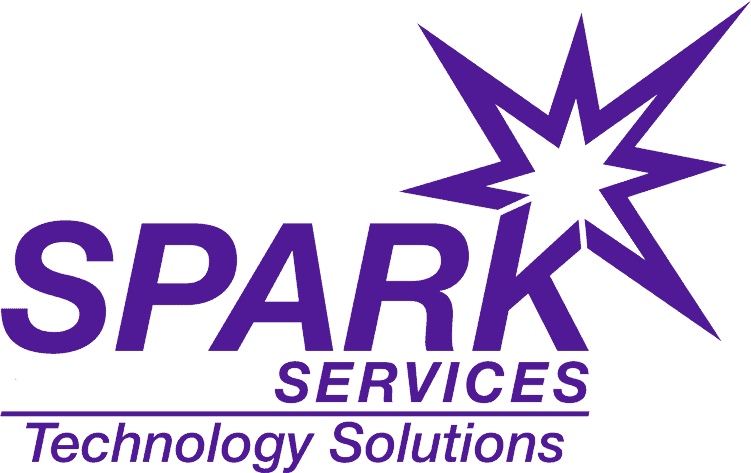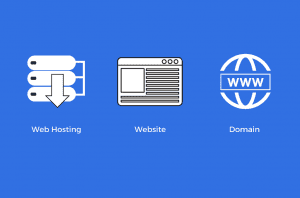
Any VPS can be hacked with adequate time and knowledge. But administrators can reduce the risks of successful attacks. Sophisticated malicious programs have a negative impact not only on the local computers. They traverse the network, affecting other systems.
Furthermore, hackers can expose data stored on the local server. Therefore, before selecting a web hosting provider, you must visit the website to find out what security measures are taken by the host to ensure the safety of the infrastructure.
Even if you are satisfied with everything, you should not relax. Knowing how to secure the VPS can help you avoid many cyber threats and attacks. However, it is not a one-time task; besides applying best security practices, one must continuously monitor the VPS.
With this in mind, we have listed some security tips to prevent cyber attacks on the VPS:
Never Ignore the Updates to the Software You Use
The developers fine-tune each new version of the software. And one of the parameters that are always emphasized is security. The new code, unknown to hackers, will make intruders work hard. Or even keep them off the server. A good practice is to test updates on a backup server. Checking software should be done before it is uploaded to a working environment.
Enable Two-Factor Password Authentication
Check the strength of the password you use for the cloud accounts and enforce the minimum password implementation policy. Never use the same password for different resources; get a password manager, and set unique passwords for each service. Enable minimum two-factor authentication to preserve data and protect your account. Ensure that you will be told if someone is trying to reset your secret key, and if security problems are included, make sure you pick deep questions.
Use Licensed Software
Although you can find open-source, free, accessible software for every taste in libraries, it is better to download applications from official sites. Otherwise, you risk getting malicious scripts and useful programs into the server environment. And this undermines the security of your infrastructure.
Use Strong Passwords
Passwords containing information about your identity or simple passphrases are easy to guess. Therefore, create a long and strong password with several elements, such as lower and upper case letters, numbers, and special characters. Doing so will secure your system against brute-force attacks. Additionally, don’t reuse the same password. You can also employ online tools such as NordPass or LastPass to create strong passwords. Both offer good customization options, such as limiting the password length and the usage of characters.
Always Maintain Backups
Set up automatic backups of data from the server. Even if a hacker attack happens and the web resource goes down, it can be recovered in a secure environment without going online. This will help save data and review security.
Disable Unused Network Ports; Disable IPv6
Cybercriminals primarily target open network ports and unused network services, and you’ll need to secure yourself from misuse. Use the “netstat” command to view all open network ports and related services. Hackers who send malicious traffic via IPv6 and leave the protocol open can expose you to potential attacks. IPv6 has some advantages over IPV4, but a smaller group of users uses it. Use “iptables” to close all open ports or use the “chkconfig” command to disable unnecessary services.
Install Anti-Virus Applications
The key task of a firewall is to prevent access to any known source of malicious traffic, and it essentially serves as your first line of protection. But no firewall is flawless and malicious applications can still slip through, which is why you need to defend yourself further. Unfortunately, too many inexperienced server administrators have neglected to install anti-malware apps. The most obvious explanation is not ignorance. It is because they do not wish to spend money on security products.
This article offers the minimum needed to secure a VPS. Additional security layers can and should be activated depending on the server’s use. These layers can include such items as individual application configurations, intrusion detection software, and access controls.
Applying some extra measures to maximize the security available will never be a bad idea, so we hope these tips were helpful. Choose the web hosting option that meets your specific needs and go from there.
The key takeaway is that you must determine what security measures are essential. Always be aware of the risks and difficult choices and settle on the balance between usability and protection that makes sense to you.
For more information on securing your VPS, connect with us at SPARK Services. We can help with that!



